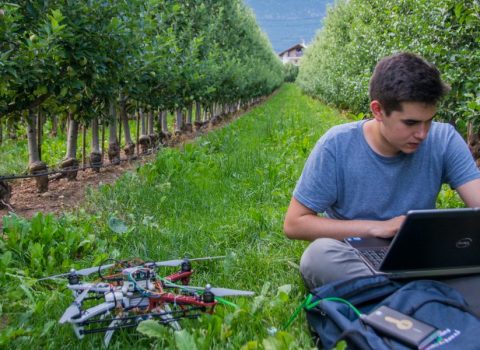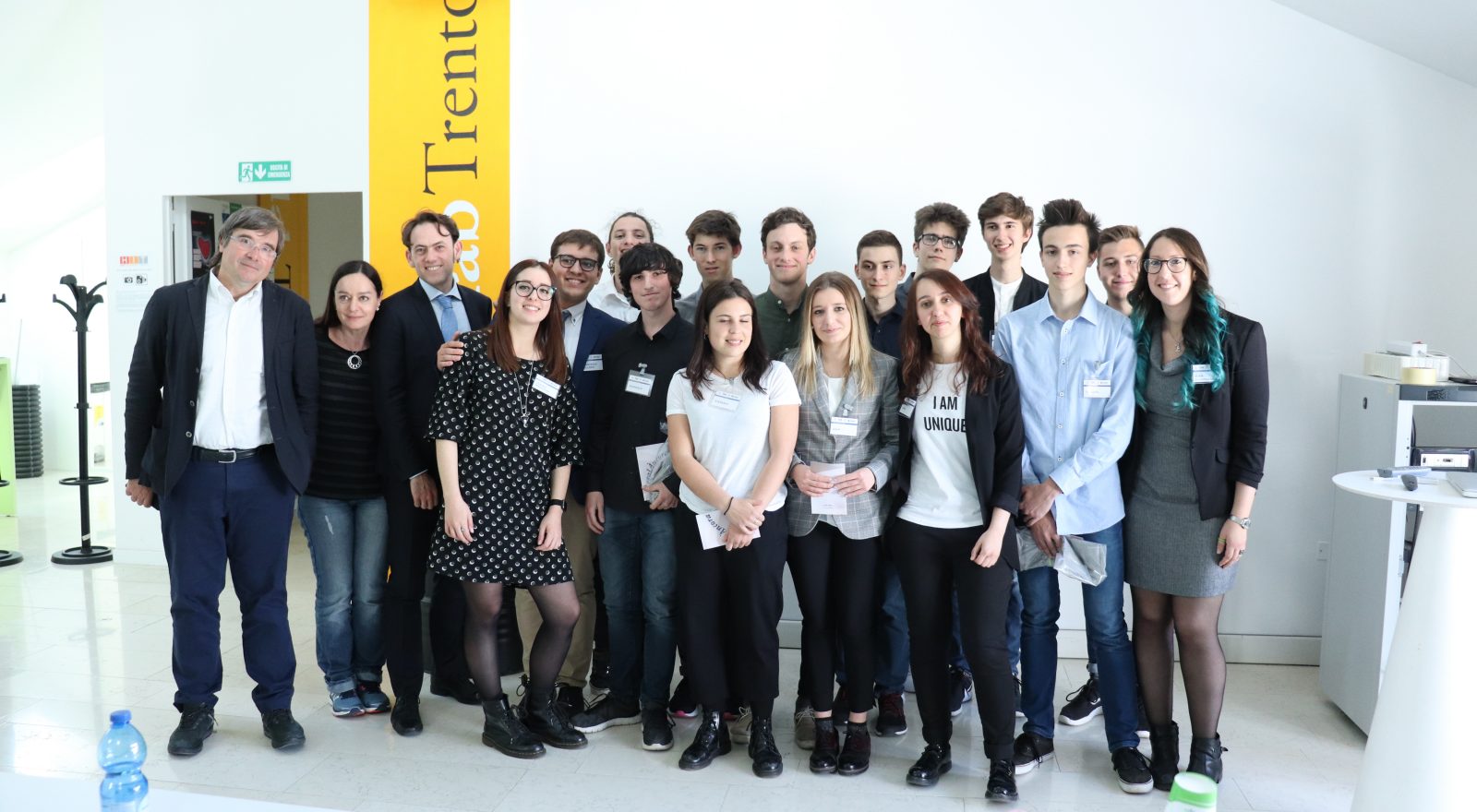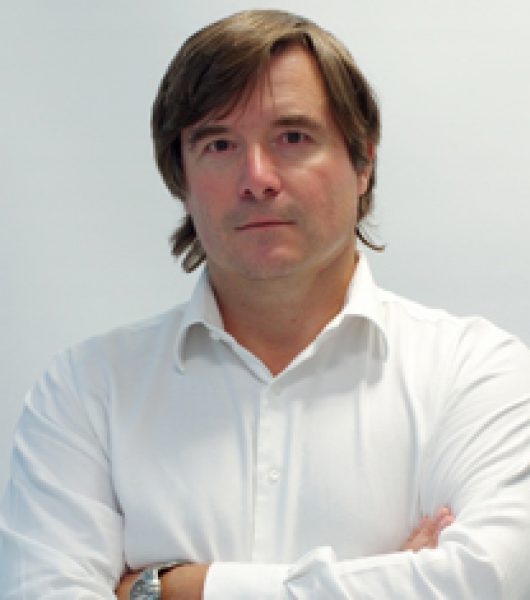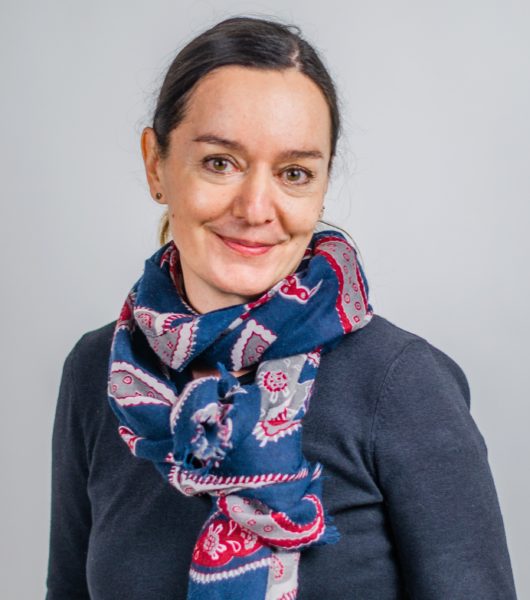
AI Open Innovation Lab: students bring artificial intelligence to pharmacies
The 2019 edition of the laboratory organized by Fondazione Bruno Kessler, Istituto Artigianelli and the University of Trento has wrapped up. Prizes were awarded to students who have created an artificial intelligence solution for the pharmaceutical industry
The final event of the 2019 edition of the AI Open Innovation Lab took place today. A cross-laboratory for university and high school students, it combines Artificial Intelligence and Innovation Design and stems from a collaboration agreement between Fondazione Bruno Kessler, Istituto Pavoniano Artigianelli for Graphic Arts and the University of Trento.
While in the 2018 edition the students had explored two sensor-based artificial intelligence solutions (one applied to digital agriculture and one to automated creativity), this year the 16 young participants have developed the myQ system for Dompé pharmaceuticals SpA, a device that enhances user experience in pharmacies, transforming waiting time in lines into opportunities for exploration.
“myQ is an inventive and practical solution at the same time: the pharmacy provides a terminal similar to a smartphone, encased in a cover and equipped with artificial intelligence functions to quickly identify the needs of customers and help the pharmacist provide a personalized service – Cesare Furlanello, scientific coordinator of the laboratory and head of the MPBA unit at FBK, explained. The system can direct customers to the most expert pharmacists in a specific area or to the pharmacy areas of interest, suggest products suited to the users’ needs and entertain them with useful information or other functions. The device does not replace the human relationship with the pharmacist, but rather improves it in a context of attention to health. Designing in teams in a context that combines training and innovation is a great training ground for young people as it trains the cognitive, emotional and relational skills necessary in new and old professions in which AI will be an essential tool. At FBK, we strongly believe in this kind of joint laboratories, in which new training, research and business chains interact in coworking situations, and where skills that are increasingly requested on the market are built, with important effects on the local area in terms of new opportunities for companies and for young people”.
Also this year, the Laboratory involved multidisciplinary teams of business, research and school experts, and the event where the results were presented was also an opportunity to reflect on teaching geared toward innovation and applied research.
“Contamination with and openness toward the local area and companies are concepts that we try to apply every day at Artigianelli, trying to offer young people new training models in line with the needs of today’s society and of the market – Erik Gadotti, director of the Artigianelli Institute – said. Working together with local players, we try to offer our students an ecosystem capable of generating learning and innovation skills, a teaching environment where they can express themselves and experiment with new approaches to complex scenarios and themes, such as artificial intelligence, developing at the same time their independence and, alongside the study of traditional disciplines, a technological vision, complex problem solving skills and other soft skills.”
“We are happy to be part of this great ecosystem – Marco Mazzola, Knowledge Transfer Specialist of Dompé Farmaceutici – said. Initiatives such as this represent important opportunities for change management and enable the integration of new tools and innovative approaches into the company. Businesses are in fact hungry for new skills that they often do not have internally, and look with great attention to the potential of artificial intelligence and innovative work models. The approach suggested by this Laboratory aroused our curiosity right from the start and today we can say that it was precisely what we wanted to experient with”.
“This innovative work model leads us to experiment with new forms of cooperative learning, by suggesting an inclusive project, enhancing the skills and inclinations of all participating students – Paola Venuti, director of the Department of Psychology and Cognitive Sciences of the University of Trento and one of the project coordinators – said. The construction of innovative paths, strongly linked to businesses, which lead our young people to deal with the major topics of innovation alongside experts from various industries, is a model that I believe can be a winner both for companies and for kids”.
The laboratory, which started in November 2018, involved 16 students, 7 from the Pavoniano Artigianelli Institute for Graphic Arts, 4 from the High Graphic Education of Trento (TAG) and 5 from the Michelangelo Buonarroti Technical Technological Institute, who for the entire program were followed by Francesco Ballerin and Alessia Marcolini, tutors who are experts in topics related to Artificial Intelligence and Alumni of the 2016 edition of WebValley, a summer camp organized every year by FBK.
The 2019 edition of the AI Open Innovation Lab was coordinated by Claudia Dolci from the FBK Research and Innovation for Education Unit and by Giuseppe Jurman from the FBK MPBA Unit.
Elisa Guardabasso followed the operational coordination and the methodological part. Marco Mazzola and Maria De Pizzol from Dompé, together with some pharmacists from Trentino, provided valuable design feedback throughout the project.



